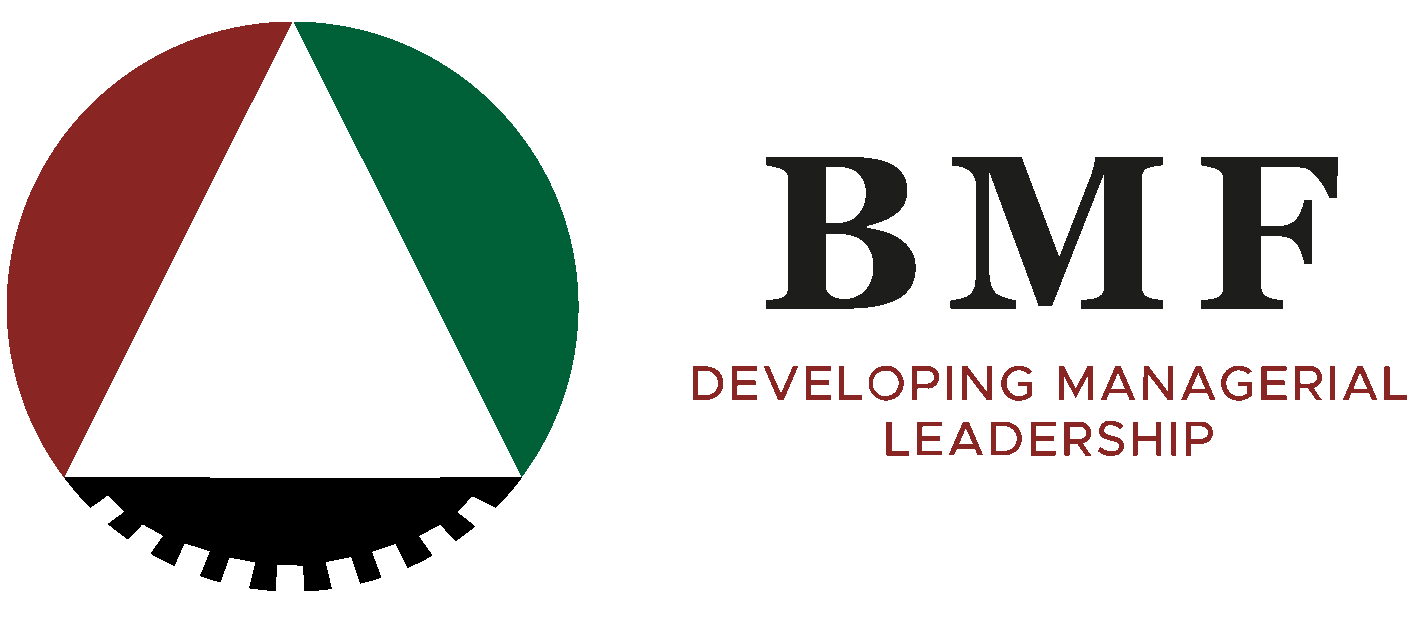The Freedom Charter states that the People shall share in the country’s wealth. One such way of sharing the wealth of a country is through engaging in the economy for gain in one way or another. In its simplicity, as a system with processes that distribute scarce resources, it creates an interdependency between consumption and production activities.
For us to begin to re-imagine the reconstruction of the South African economy, it becomes important to take stock of the current situation. To question whether a gap exists between the desired state and the current state of affairs.
The GDP shows a description of the size and performance of the Country. According to Stats SA, the GDP decreased by 0.7 % in the second quarter of 2022 whilst also still dealing with the aftermath of the Covid 19 Global pandemic. Inflation continues to soar, exacerbated by the skyrocketing fuel prices. Households have also been hit hard by increasing food prices, with sunflower oil being 40% more expensive than it was last year. Global events such as the Russia-Ukraine war contributed to these increases considering that Russia is the largest exporter of natural gas, fertilisers and grains. Russia and Ukraine were responsible for approximately 30% of the world’s wheat exports and approximately 75% of sunflower oil exports globally, leading up to the war.
Unemployment remains a challenge, with an unemployment rate of 33.9% with a youth unemployment rate of 63.9% in the second quarter of 2022, as reported by Stats SA. A concerning statistic is that nearly half of South African women were not active in the labour force. This means there is an untapped productive potential in the country.
Data from Stats SA shows that nationally approximately 52% of households listed wages or salaries as their main source of income. In comparison, social grants stood at approximately 24% as a main source of income. The gap between the rich and the poor has continued to grow. The measure of income distribution across a population shows the dire state of inequality coupled with alarming levels of poverty. With approximately 10% of the population owning over 80% of the nation’s wealth, it is clear that inclusivity needs to be a focal point in issues relating to growing and building the economy.
Inclusion must remain at the forefront of the reconstruction process. Inclusion into existing sectors, inclusion into the growth projects, as well as inclusion into access to markets. A look into history shows that at the heart of the BBBEE Act is the principle of driving inclusion, equity, and justice. A look at the BBBEE scorecard framework will reflect the agenda of driving economic transformation through collaboration with the corporate sector.
This may also mean that there may be a gap between policy and practice as there is legislation that has been designed to drive access to the economy and wealth for various groups in the country with a particular focus on the previously and arguably still disadvantaged groups.
Legislation should arguably be better implemented to drive access to markets as well as inclusion into the economy. Legislation may be used to drive the South African economy towards greater beneficiation processes as a means of limiting the reliance on external markets with regard to imports while driving growth through export. One way to kick start the reconstruction process is through dedicated government policy and strengthening private and public partnerships to create greater collaborations that will resuscitate the ailing economy.
A holistic approach is needed in the process of reconstruction. South Africa as a whole comprises a wide range of sectors as well as growing start-up capabilities in fourth industrial sectors as well. All nine provinces have unique characteristics, and different competitive advantages can be drawn from them. Collaboration of various players, politically and otherwise, need to acknowledge this and work towards serving the greater good of the nation as a whole. A leadership that can work past political, racial, tribal, and regional divides is needed to drive this reconstruction. Once this massive huddle of segregation has been overcome, the next huddle is to coordinate a well-coordinated growth strategy that is interdependent through various economic sectors.
With such a wide range of economic sectors, the creation of strategies that feed into one another is of great importance in ensuring that a decline in one sector does not create a negative domino effect through all other sectors
Sectors such as transport, Mining, manufacturing, agriculture, tourism, and the currently controversial energy sector need to be prioritised through the creation of platforms large and sustainable enough to support their interdependent growth. Focus on emerging sectors such as the ocean economy, among others, needs to be given due attention.
Certain sectors may have a greater impact on other sectors and, as such, may need greater attention. Transport and energy may be such sectors. While E-commerce may have taken off in a big way, it also greatly relies on an efficient and effective transport network and infrastructure. This infrastructure not only drives the internal movement of goods and services but access to the rest of Africa and the world at large. Case in point, the rail infrastructure has been in a steady decline, and resuscitation of this may lead to greater inter-regional trade, which in turn should work towards reducing poverty as well as creating new jobs.
In order for the reconstruction to begin, certain conditions or resources need to be made available. Top of mind is the energy situation that has plagued the country for over a decade. Rotational power cuts of up to eight hours have meant that businesses, both big and small, have been hit hard. The energy sector may be seen as an Achilles heel of the nation. The development of various and multiple power sources may need to be considered. While the move from fossil fuel may be a global agenda, it becomes important to take stock of South Africa’s natural resources and utilise them sustainably. Renewable and other forms of energy should be developed in line with the natural resources that the country has. It stands to reason that the energy sector has a domino effect on most, if not all, of the economic sectors in the country. While there may be economic gain from using coal as a power source, the social and environmental costs may be higher. Social costs may translate to increased healthcare costs. Dust-induced occupational lung diseases are among the health concerns in coal mining towns. With regard to the environment, high levels of pollution contribute to climate change. Across the world, this may be seen in increased droughts or increased flooding, just to mention a few.
Fears of Job losses due to the switch to cleaner energy have been echoed on various platforms. One must always consider that there will be a transition period should a switch be made from fossil fuel. The issue may then not be about the net loss of jobs but no confidence in the leadership that is meant to see the country through this transition or re-skilling period. This leads to the need for strong, decisive, and knowledgeable leadership to navigate the uncertain transition period.
Funding is always a contentious issue, especially for small businesses. It is important to drive growth not only through funding and training, as evidenced by many funding agencies in the country. It is important to build a platform where various businesses can collaborate and access each other. These measures should be deliberate and holistic in nature.
Innovation in general across sectors should not only drive job creation but inclusion and participation in the economy of the country. For instance, the Revolution of Fin-tech. Financial Services is at the edge of revolutionising the way things are done across multiple industries through leveraging the ongoing fast-paced technological advances. These advancements should be leveraged as drivers of much-needed growth.
These processes of reshaping the economy should be driven at all levels of society, from community development and participation to corporate and political leadership. Community participation needs to be supported or incentivised to ensure a sense of ownership which should translate to socio-economic growth.

ABOUT THE AUTHOR
Thulani Dube is the Faculty Programmes Coordinator and Business Studies Department Lead at Cornerstone Institute, serves on the National BMF Editorial Committee, is a Board member at the Sign Language Education and Development (SLED), and is a volunteer at Autism Western Cape.
Thulani holds a Master’s in Business Administration (MBA) from the University of Nicosia, an Honours degree in Business Management from the University of South Africa (UNISA), and a Bachelor of Commerce Degree in Human Resources Management.







I think re-imagining South African economy should not be premised on post 1994. Maybe we should rather go back to our pre-dispossession era and tell the story of what happened which led to the exclusion of the African majority from the economy they used to wholly own. The 1955 Freedom Charter was by a nation that was down and almost out and therefore a non stater to me. It is so sad though to hear in 2022, the same arguments I listened to in year 2000. Seemingly the African majority will always be pleading for a room on the dinner table. And it is up to the colonial master to decide who will be invited.
This is very insightful inputs Sithembele. You’re right. It’s always vital to assess the roots of any problem that arises.